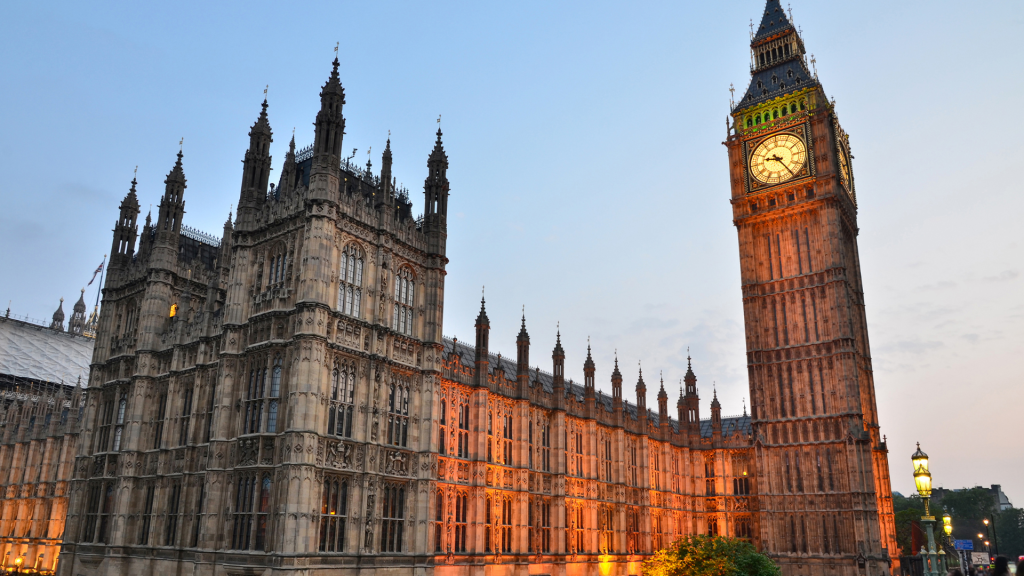What are the different types of pensions available in the UK?
In the UK, there are three main types of pensions: State Pensions, Workplace Pensions, and Personal Pensions. The State Pension is a regular payment from the government that you can claim when you reach State Pension age, provided you’ve paid enough National Insurance contributions. Workplace pensions are usually arranged by employers, while personal pensions are set up by individuals. Each type of pension comes with its own rules, benefits, and tax implications.
How do I find a lost pension?
When it comes to thinking about retirement one of the first thoughts is how much is in your pension pot or more importantly where are they located. After spending your entire working life in different jobs it’s pretty normal to forget where your pension is or to even have lost them. If you think you have lost a pension, you’ll need to contact each of your previous employers to find out who your scheme was with. You can use the pension tracing service to help you find them. Or you can get in touch with us, and we’ll find them for you.
What is Pension Drawdown?
Pension Drawdown is a method of withdrawing funds from your pension to supplement your income during retirement. To access your money in this way, you must be 55 years or older. For more information, visit our Pension Drawdown and Annuities page.
What happens to my pension if I change jobs?
Your Defined Contribution pension is portable, meaning you can transfer it to your new employer’s scheme or a personal pension without losing any benefits.
Can I access my pension early?
Yes, thanks to Pension Freedoms, you can typically access your pension from age 55 (rising to 57 in 2028). Early access might incur penalties and affect your long-term savings, so it’s advisable to plan carefully. Read our Pension Freedoms blog for more information.
What are the tax implications of Workplace Pensions?
Contributions to your pension receive tax relief, and the investment growth is tax-free. However, there may be tax implications when you start to withdraw from your pension pot. For more details about the 2025/2026 UK Tax Allowances, read our free guide here.
What is the difference between a Defined Contribution and Defined Benefit (DB) pension?
Defined Benefit (DB), often referred to as ‘Final Salary’ or ‘career average’ pensions, provide a guaranteed income in retirement based on your salary and the number of years you’ve worked for your employer. Although you still need to make personal contributions to a DB pension, the annual pension income you receive is not based on how much you have paid in. As they are guaranteed for as long as you live, DB pension schemes can provide more security. However, few employers still offer them to new employees.
Need advice on your current Defined Benefit Plan or looking to set one up? Get in touch today.
Is my Final Salary Pension enough?
Enough for what? How do you want your retirement to look? Before you consider taking advice on your Pension options — or even thinking about your scheme — you need to think about your retirement lifestyle. Knowing what you’ll be doing helps answer whether you’ve enough or not.
Should I take my 25% tax-free lump sum at 55?
It really depends on your personal circumstances. Taking the lump sum can give you flexibility and funds for immediate needs, but it also reduces your remaining pension pot and the funds you’ll have further down the line. So, before many any big decisions about Pension Drawdown, we’d recommend speaking with one of our UK pension specialists who can help you weigh up the benefits and the risks.
Should I purchase an Annuity when I turn 55?
Buying an Annuity at 55 might not be the best option, as annuity rates increase with age. Other options, like income drawdown, may offer more flexibility. However, if you want a guaranteed income for life, an annuity could be suitable. If you’re unsure though, we can help you explore all your options and decide what’s best.
Can I keep my pension invested after age 55?
Yes, many people choose income drawdown, meaning your pension stays invested while still allowing flexible withdrawals. This can be a good option if you want to continue growing your savings while still taking some income.
What happens to my pension when I die?
Your pension can usually be passed on to your beneficiaries. Defined Contribution Pensions can be left as a lump sum or income, often free of tax if you die before 75
What are the main benefits of Pension Consolidation?
Combining your pensions can make them easier to manage, reduce costs, and give you a clearer view of your retirement savings. Read more in our free Pension Consolidation guide.
Are there risks to consolidating my pensions?
Yes, potential risks include losing valuable benefits, paying exit fees, or moving to a plan with higher charges. At Joslin Rhodes, we’ll review your options carefully to ensure consolidation is a smart move for you.













